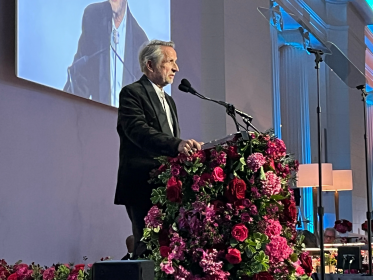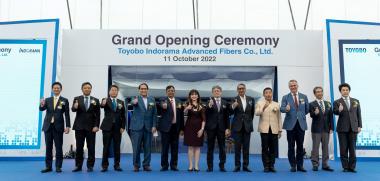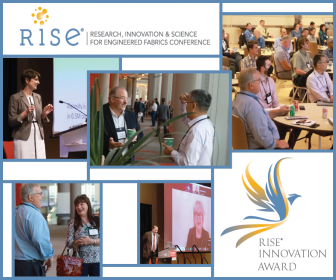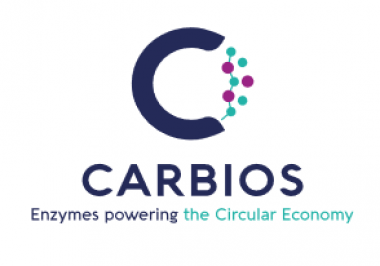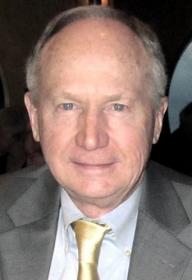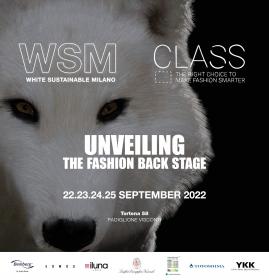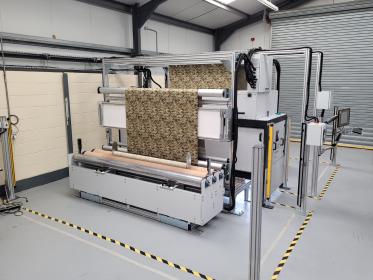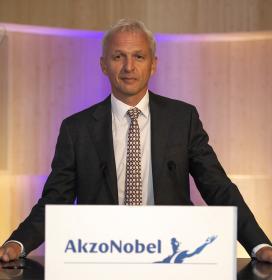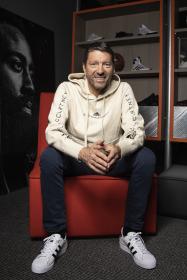Barry-Wehmiller: Bob Chapman named Tharseō CEO of the Year
During an awards ceremony on Monday, October 17, the Society for Human Resource Management (SHRM) Foundation awarded Barry-Wehmiller CEO Bob Chapman its preeminent recognition in people leadership, the Tharseō CEO of the Year Award.
SHRM is the world's largest HR professional society, representing more than 300,000 HR professionals across the globe, impacting 115 million workers and their families. The Tharseō (thar-seh'-ō)—derived from the Greek word for "courageous, confident and bold"—awards are given to those who demonstrate innovative and impactful business practices leading to better workplaces and a better world by serving as visionaries, innovators and change agents.
Chapman has been the CEO of Barry-Wehmiller since 1975. Since then, he has applied a blend of strategy and culture to create a thriving global organization. Chapman’s work is chronicled in his 2015 Wall Street Journal bestseller Everybody Matters: The Extraordinary Power of Caring for Your People Like Family, co-authored by Raj Sisodia, founder of Conscious Capitalism. In 2016, Harvard Business School released a case study about Barry-Wehmiller’s approach to business that is now taught at 80 business schools. A non-profit, Chapman Foundation for Caring Communities, and a leadership consulting firm, Chapman & Co. Leadership Institute, bear Chapman’s name and share some of the foundational learnings that helped transform the culture of once-traditional Barry-Wehmiller into a caring, dignity-honoring, fulfilling place to work.
In recent years, Chapman has focused on creating caring leaders of tomorrow by sponsoring programs in K-12 schools and universities. In 2021, Chapman and his team partnered with Fordham University and other Jesuit business schools to launch the Humanistic Leadership Academy which helps professors and students become more human-centered.
A sought-after global speaker, Chapman recently addressed the United Nations PRME conference on transforming education, the China Organizational Evolution Forum, Brazil’s Virtuous Leadership Conference, Vizient CEO Network, and the Healthcare Burnout Symposium, to name a few.
Barry-Wehmiller


